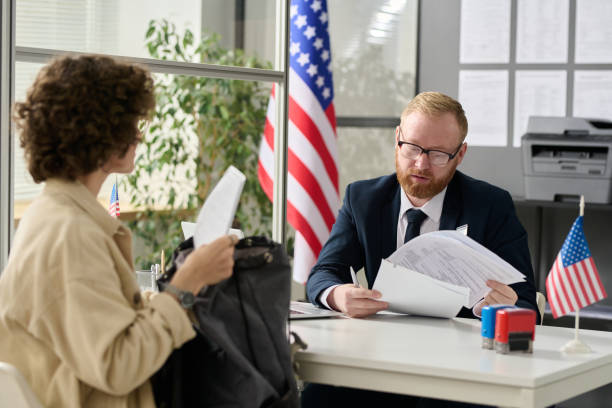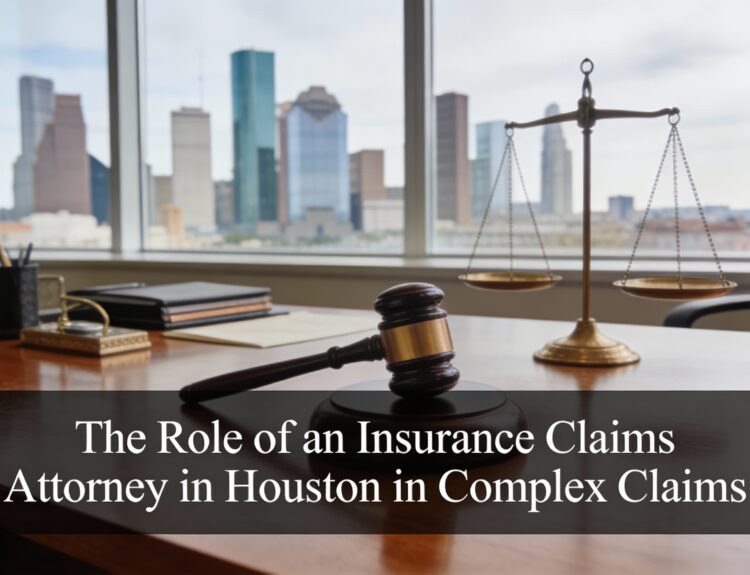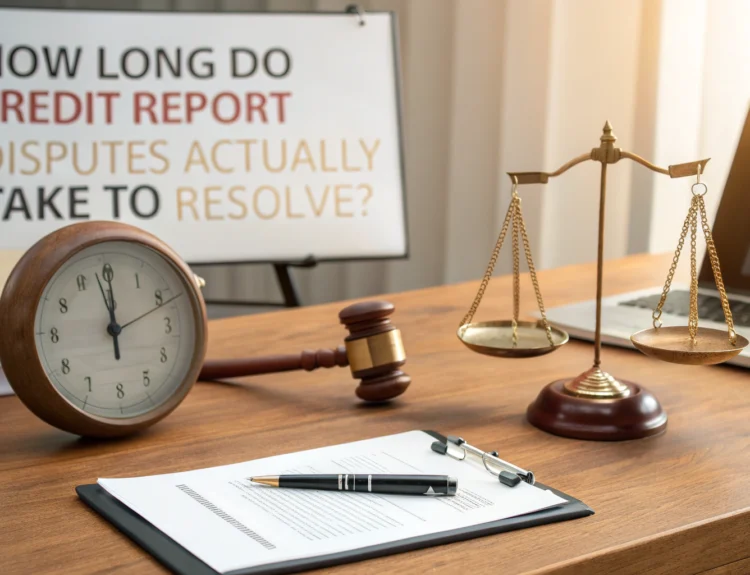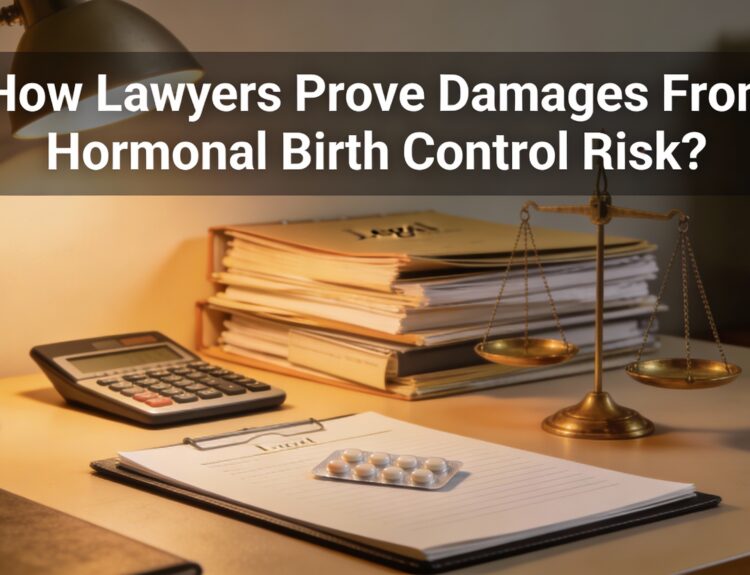Navigating the U.S. immigration system, particularly in relation to employment-based visa applications, can be a daunting task. The rules and regulations surrounding employment visas are often intricate, and even a minor mistake can result in delays, denials, or complications that can impact your career and future in the United States. While it’s possible to apply for an employment visa without legal help, there are numerous situations where seeking the assistance of an experienced immigration attorney can save you time, money, and stress.
Contents
When to Seek Legal Counsel
While you can technically apply for an employment visa without an attorney, there are several circumstances where consulting with legal counsel is beneficial.
Complex or Unclear Eligibility
One of the most common reasons to seek legal counsel is if you’re unsure about your eligibility for a particular visa. U.S. immigration laws are complicated, and determining which visa is the best fit for your qualifications and circumstances can be a challenge. An immigration attorney can assess your situation, evaluate the job you’re being offered, and help you understand which visa is the most appropriate.
The application process for an employment visa involves submitting a significant amount of paperwork and documentation. This includes forms such as the I-129 Petition for a Nonimmigrant Worker, proof of your qualifications, evidence of the employer’s eligibility, and sometimes additional documents like a Labor Condition Application (LCA). Missing a document, incorrectly filling out a form, or submitting incomplete information can delay your application or result in a denial.
An immigration attorney is experienced in preparing and reviewing all required documents to ensure that everything is in order. They can help you avoid common mistakes, making the process smoother and more efficient.
Handling Complications in the Application Process
Sometimes, an applicant may face complications that could delay the approval or result in a denial. For instance, issues such as inconsistencies in your immigration history, prior visa violations, or questions about your employer’s compliance with the visa requirements can arise. In these situations, an attorney can provide guidance on how to resolve these issues and help prepare a response to any requests for additional evidence (RFEs) from U.S. Citizenship and Immigration Services (USCIS).
Having an attorney involved can also be beneficial if you need to appeal a denial or if your case is flagged for additional scrutiny. Immigration law is filled with technicalities, and an employment immigration lawyer can ensure that you take the appropriate steps to rectify any issues that may surface during the application process.
Employer-Sponsored Visas and Employer Compliance
If you’re applying for an employer-sponsored visa like the H-1B or L-1 visa, the employer must adhere to specific legal requirements. For instance, an H-1B visa petition requires the employer to prove that they are paying you a wage that meets or exceeds the prevailing wage for the job, and they must demonstrate that there are no qualified U.S. workers available for the position.
Your attorney can help both you and your employer understand and comply with these requirements, ensuring that your employer’s petition is complete and accurate. If your employer has little experience with visa sponsorships, a lawyer can also guide them through the process, minimizing the risk of errors that could affect your application.
Timely Filing and Deadlines
Some employment visas have strict filing windows and deadlines. For example, the H-1B visa has an annual cap, and employers can only submit petitions during specific periods. Filing outside the designated time frame can result in your petition being rejected. Additionally, some visa types have limited availability, so timing is critical.
An immigration attorney can ensure that all deadlines are met and that the application is filed as soon as possible to maximize your chances of approval. They also help track any changes in immigration laws and filing procedures to ensure you stay compliant.
Changing Circumstances After Filing
Life is unpredictable, and sometimes circumstances change after your application has been submitted. For instance, you might be offered a new job, or there might be changes in your family’s immigration status. If your situation changes while your employment visa application is pending, you may need legal guidance on how to adjust your petition or handle the modifications properly.
Whether you’re changing employers, job roles, or even requesting a visa extension, an immigration attorney can help you navigate these adjustments without jeopardizing your visa status.
Securing an employment visa is a significant step in your career, but it requires navigating a complex and often confusing legal process. While it’s not mandatory to seek legal counsel, doing so can provide critical advantages, especially if your case is complicated or you encounter issues during the process. By working with an experienced immigration attorney, you increase your chances of a successful outcome and avoid costly mistakes that could affect your ability to work and live in the United States.




